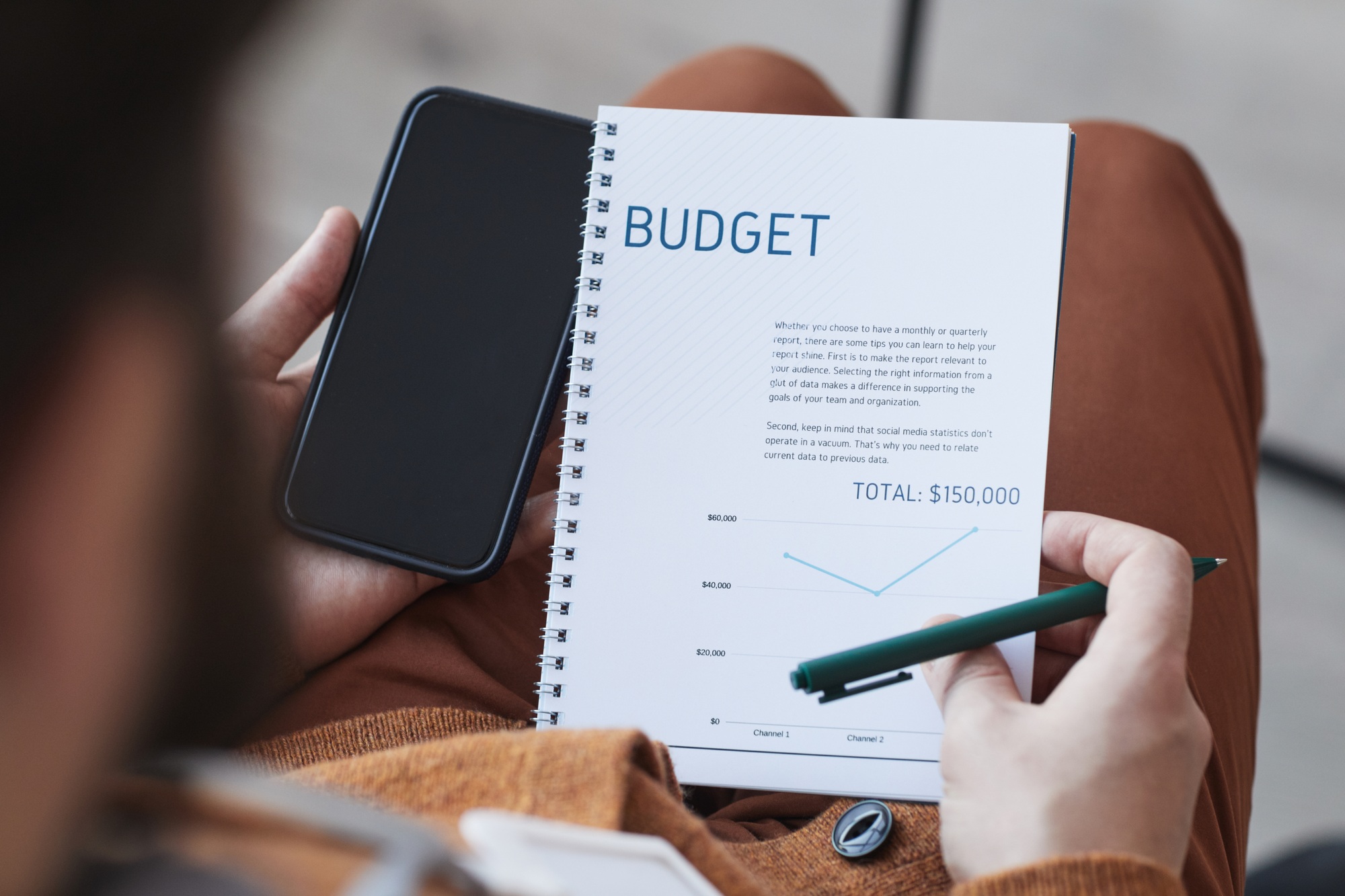Understanding Zero-Based Budgeting
Zero-based budgeting (ZBB) is an increasingly popular financial management strategy that requires individuals and organizations to justify every expense for each new period, starting from a “zero base.” This method has gained traction for its ability to promote financial discipline and encourage mindful spending. Unlike traditional budgeting methods, which often base future budgets on past expenditures, zero-based budgeting requires a comprehensive review of all costs, ensuring that every dollar spent adds value.
With rising inflation rates and economic uncertainty, adopting a zero-based budget can empower consumers to take control of their finances. This approach not only fosters savings but also enhances awareness about financial priorities.
Market Impact
The concept of ZBB has historically been employed by large corporations as a way to streamline operations and maximize efficiency. According to a recent study by Deloitte, 56% of organizations have reported adopting some form of zero-based budgeting in the last few years. As companies seek to cut costs and reinvest savings into growth opportunities, ZBB serves as a strategic tool amidst fluctuating market conditions.
Consumers are looking to emulate corporate efficiency. Data from the National Endowment for Financial Education indicates that individuals adopting zero-based budgeting have seen a substantial increase in their savings rate, averaging approximately 20%. As financial challenges continue to mount, such practical strategies enable individuals to navigate personal finance with greater confidence.
Who Can Benefit from Zero-Based Budgeting?
Zero-based budgeting can be particularly beneficial for those experiencing fluctuating income—freelancers, commission-based employees, or anyone with non-traditional income streams can reap rewards. By ensuring that all expenses are justified, individuals can better adapt to varying financial situations.
Expert financial advisors recommend ZBB as an effective strategy for families wanting to establish clearer financial goals. By identifying necessary versus discretionary spending, families can prioritize essentials and allocate surplus funds to savings or emergency funds, fostering greater financial stability.
Step-by-Step Guide to Creating a Zero-Based Budget
To establish a zero-based budget that works effectively, follow these steps:
1. **Identify Income**: Begin by listing all sources of income, including regular wages, freelance payments, and side hustles. This total will determine how much you can allocate to various expenses.
2. **List Expenses**: Break down monthly expenses into fixed (rent, utilities) and variable (groceries, entertainment) categories. Itemizing expenses provides clarity on where funds are being utilized.
3. **Assign Every Dollar**: Allocate every dollar from your total income to specific expenses, savings, or investment opportunities. Make sure that the income minus the expenses equals zero at the end of the budgeting exercise.
4. **Review and Adjust**: Monitor your budget regularly, adjusting categories as necessary due to lifestyle changes or unforeseen expenses. Flexibility is crucial to maintaining an effective zero-based budget.
5. **Evaluate Performance**: At the end of each month, assess the budget’s effectiveness. Identifying any discrepancies between projections and actual spending can lead to valuable insights for future budgeting cycles.
Expert Opinion
Financial expert Jane Smith, a certified financial planner, emphasizes the advantages of zero-based budgeting: “It compels individuals to evaluate their spending habits critically. People realize that not all expenses are essential and can identify areas where they can cut back.” Smith also mentions that many users report improved savings rates, stating, “When people allocate their money intentionally, they are less likely to overspend.”
Furthermore, as interest rates rise and market volatility persists, individuals equipped with a robust budgeting strategy are more resilient financially. “Zero-based budgeting offers a strategic framework that allows people to navigate economic challenges confidently,” she added.
What’s Next?
As financial literacy becomes a priority for many, the adoption of zero-based budgeting is likely to continue its upward trajectory. Educational platforms and personal finance applications are increasingly integrating ZBB tools, making it easier for average consumers to adopt this budgeting method.
In conclusion, zero-based budgeting presents an effective strategy for individuals looking to enhance their financial management skills. By starting with a clean slate and purposefully allocating funds, individuals can gain control over their financial wellbeing in an often unpredictable economic landscape. With its emphasis on accountability and strategic spending, ZBB could be the key to achieving financial goals.







